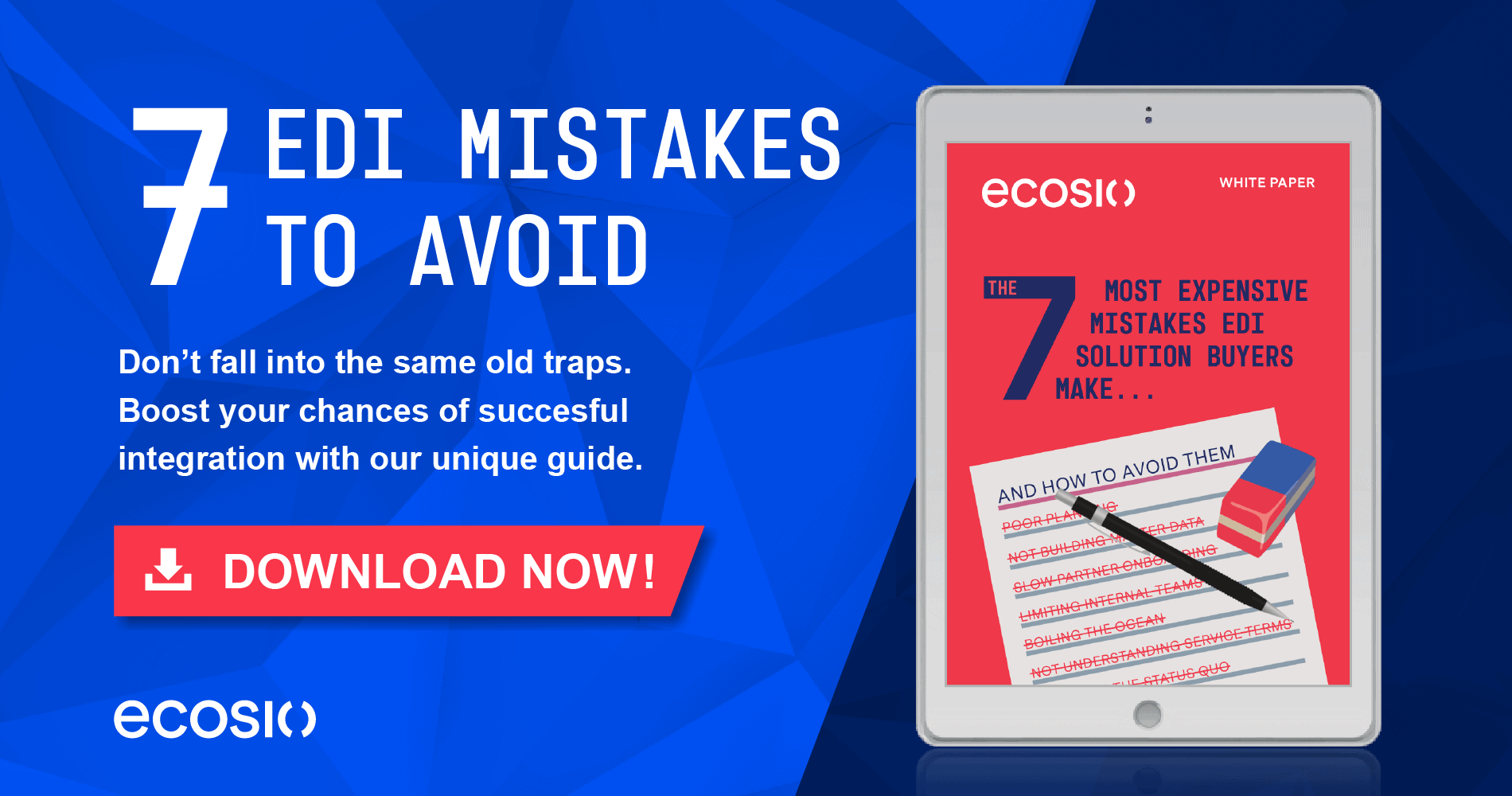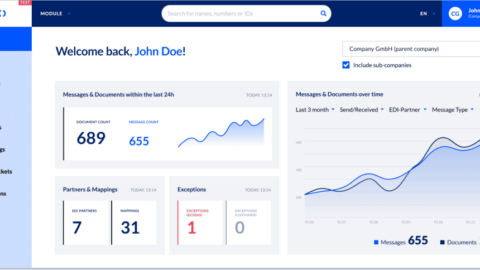Like UN/EDIFACT standards, the ANSI ASC X12 standard was created to enable business partners to exchange business data with one another more efficiently. Although ANSI stands for the American National Standards Institute (ANSI), the ANSI ASC X12 standard is now used by companies all over the world and across various industries. In this article we’ll look at an aspect of ANSI ASC X12 messages that often causes issues – namely X12 parties, or party identifiers.
If you are not already familiar with X12 file structure and ANSI messaging terminology, you may wish to read our article on the structure of an X12 file before continuing.
If you use EDIFACT instead, read our article on using EDIFACT parties.
What are ANSI X12 parties?
As their name suggests, party identifiers are used in X12 messages to identify certain X12 parties in a particular transaction, such as the shipping party or the receiving party. The party can be an organizational entity, a physical location, property or an individual. The identifiers themselves sit at the start of an N1 segment and are 2-3 characters long.
The full list of X12 party identifiers includes over 1,300 different parties, however most exchanges will only require a few of these. The most commonly used identifiers are listed here:
| ANSI Party Identifier Code | Identifier description |
| N1*BY | Buying Party (Purchaser) |
| N1*SU | Supplier/Manufacturer Party |
| N1*SF | Ship From Party |
| N1*SO | Sold To Party |
| N1*ST | Ship To Party |
| N1*MI | Planning Schedule/Material Release Issuer Party |
| N1*BT | Bill To Party |
For completeness, we have also included the full list of X12 party identifiers at the bottom of this article.
Why is getting X12 party identifiers wrong a common issue?
Within the ANSI ASC X12 standard, there are a multitude of different possible parties that can be involved in a certain transaction. Some of these X12 parties may, in certain cases, be the same as other parties. For example, Bill To and Ship To could easily contain the same information in a particular transaction. Crucially, however, this will not necessarily be true for other transactions.
Unfortunately, confusion over this (or exactly what each party identifier refers to) can lead to poor master data maintenance and incorrect data being exchanged.
Why getting X12 parties right matters
If the correct X12 parties aren’t used, sooner or later errors will occur. These errors can have significant consequences and cost implications. Larger partners, for example, will refuse any invoice that contains data that doesn’t match their records.
Further, correcting master data issues once an issue has been discovered can be time consuming and complicated.
What can I do to avoid using identifiers incorrectly?
In order to avoid future issues, those using X12 parties should…
- Double check the EDI message implementation guideline or “MIG” (and any other relevant documentation) to ensure parties are being used as intended.
- Cross check with other messages in the same chain in case there are interdependencies. For example, an X12 invoice message will usually include the same party identifiers as the preceding order or despatch advice message, but may also include other X12 parties too.
If in doubt, simply check with your partner or EDI service provider. It is always better to ask and get it right first time than to assume.
Want more information?
If you would like more advice on using ANSI ASC X12 parties correctly or streamlining B2B integration more generally, please get in touch. We are always happy to help!
Our resources section also houses a wide selection of articles, webinars, white papers and infographics that you may find useful.













